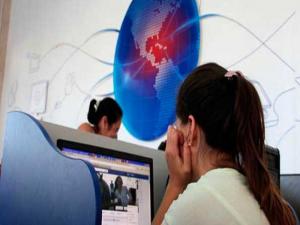
The challenges faced by Cuba in the process of computerization of society are great and numerous; however, progress has been made.
In spite of the challenges that Cuba faces today, having among them the blockade imposed by the USA, the country advances firmly and responsibly in the computerization process.
This was one of the main conclusions drawn from the television program Mesa Redonda (Round Table), which this Thursday addressed the topic "A Glance at The Digital World".
Magda Brito D'Toste, Head of the Computerization Office at the Cuban Ministry of Communications, highlighted that there are many challenges associated with computerization. A process conceived as a transversal one because it encompasses all social sectors.
Two years after the approval of the integral policy issued for this computerization process, and a few months after the legal regulations that accompany the implementation of this policy were published in the Official Gazette of the Republic, the official pointed out that each of the parties involved in this process has already identified its strategies.
These strategies, she said, cover four fundamental pillars: infrastructure, the generation of digital content and services, cybersecurity, and the regulatory framework. "We have been making progress regarding each one of these pillars in the last few months," she noted.
She explained that today wired or wireless connectivity solutions reach 65% of all Popular Councils, which is equivalent to 915. More than 10 900 homes have access to the Internet while connectivity in the business sector keeps increasing.
Pinar del Río, Las Tunas, Matanzas, Camagüey, Isla de la Juventud, and Villa Clara are among the territories that have progressed the most, and today exceed 100% of what was planned for the year.
Currently, detailed Brito D'Toste, there are more than 5.6 million mobile phone users, at the end of September over 2.8 million users were enabled to receive Internet service.
In addition, the 4G service coverage was increased, for which more than 150 radio bases have been deployed in Cuba and continue to be implemented.
Concerning e-commerce services, she stated that new infrastructure has been deployed, which includes more than 5.5 million magnetic cards and more than 12,800 of active sale points (POST), among other options. The Transfermóvil application is identified as one of the most widely used for paying services.
DESOFT: Quickly, but carefully.
Engineer Luis Guillermo Fernández, Head of the Computer Applications Company (DESOFT), explained that the IT industry has to meet all the needs that arise in a context that is currently characterized by digital transformation, which implies a paradigm shift.
"And we have to carry out those transformations," he said, "quickly, but also cautiously and carefully because we can't go wrong, we have to quickly insert ourselves in what is happening in the world and be ready for the world to come to us quickly," he added.
He also stressed the importance of approaching the computerization process with technological sovereignty, security, and independence. In this regard, he drew attention to the conditions imposed on Cuba by the blockade.
Among those obstacles, he mentioned as an example, the impossibility of using the so-called proprietary platforms, with North American components. Seeking sovereignty and independence, Cuba relies on open-source platforms, but with them, we also suffer the impact of the blockade because we are barred from downloading them from certain U.S.-controlled websites, he added.
For DESOFT this is an important challenge because it impacts in an organizational and technological way, and we have to organize all those services as soon as possible, but always based on responsibility and proactive transformation.
Going deeper into the challenges faced by the software industry in Cuba, Fernández said that the company he manages is a technological supplier that is inserted in the value chain of those who offer services to the population.
"We are inserted in a chain in which, generally, those who consume our services are those who deliver the final service to the citizen or the entity."
In that role we have to be transformed, he said. We are updating, he added, traditional products, and basically, they are the ones oriented to business process management and budgeted entities.
Among the projects in which they are involved, he mentioned a system for the control and management of fines, the modernization of the platform entuMovil, which is already ten years old; as well as a project with the Cuban Institute of Radio and Television to make the e-guide for digital TV.
As one of the fundamental principles of DESOFT, he pointed out the development of e-government portals, which represents an organizational and technological challenge. We are the technology provider, but the government owns the value chain for the citizen," he explained.
A cultural event that requires preparation
The academic point of view was provided by the master Enrique Bris Ruiz, professor at the School of Arts of Audiovisual Communication Media (FAMCA), of the Higher Institute of Art.
This technology analyst said that there is still a very primitive use of the possibilities that come with Internet access. He commented that increasing civic participation not only means expanding connection possibilities, it also entails a cultural approach, "which is not knowing where to put your finger on the phone but knowing what you can achieve with it, and using that to satisfy your needs".
In this sense, he pointed out the academy, which ever since primary education, can help in a proactive way, anticipating what will happen. Pedagogy, he said, is an optimistic field because it offers improvements for the future.
He insisted on the need to prepare people so that they can make these offers their own according to their needs.
The professor concluded his considerations with a question related to computerization: "Do we have to go through the stages that everyone went through or can we skip some of them? Run or jump?"
In the final segment of the program, Magda Brito D'Toste, Head of the Computerization Office at the Cuban Ministry of Communications, referred to the potential of the data provided by the identity card to simplify and speed up procedures, the use of human resources and organizational reserves facing technological obsolescence, and the need for greater disclosure of the services offered today as a result of the rapid technological change.
Brito D'Toste remarked that the main challenge is to successfully link all of these actions. The process is not only the one that provides technology but the one that consumes it; the main challenge is that each person contributes from their position to the population's life quality.





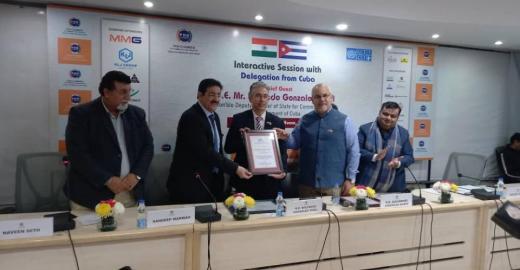
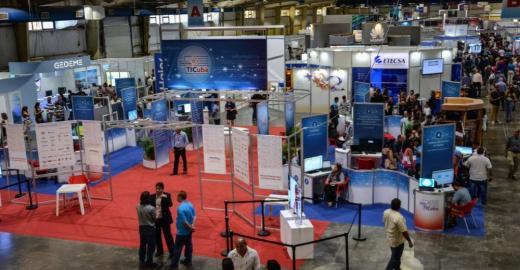
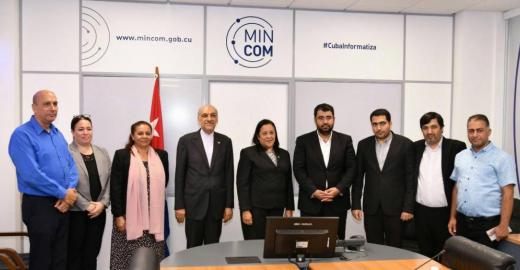



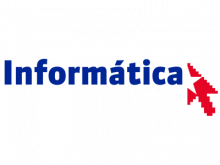

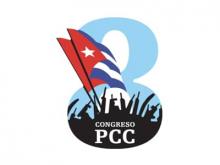
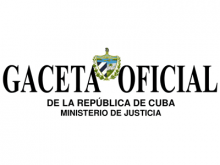
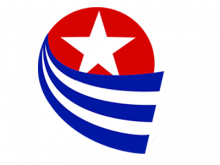
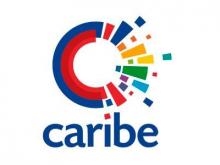
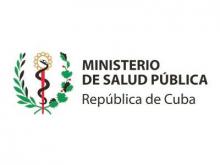
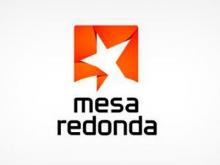
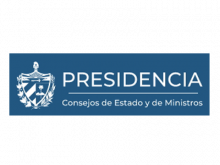

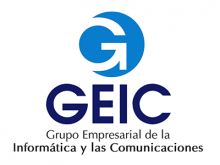
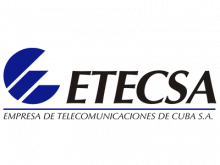
Publicar nuevo comentario